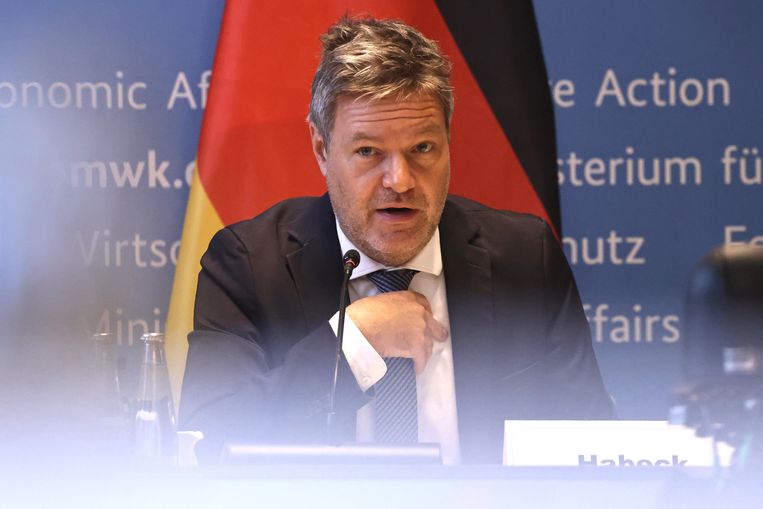Paul de Klerk cannot accept that a “green” minister, of all people, will be tinkering with ambitious European climate rules. The political advisor to Friends of the Earth Europe, a Brussels association of which Meliodefense is also a member, does not hide his surprise.
He finds it “absurd” that Robert Habeck, Minister of Economic Affairs and Climate of the German Federal Government, wants to make the new climate rules less binding. Habeck is not alone, but his colleague, the French minister, is also pushing for this.
The new rules are somewhat hidden in the new sustainability guidelines on human rights and environmental rules. The directive is the mandatory sister of the rules that come into force on 1 January. Since then, large companies must provide an annual overview of potential human rights violations and environmental problems at their companies and their suppliers. But providing knowledge is different from taking action, de Klerk says.
Hot issues
Through the new package, the European Union wants to force companies to detect and eliminate problems. They also become liable for any damage caused by them or their suppliers. In the discussion over the package, climate rules are one of the “hot issues”, says De Klerk. If the rules are introduced, they will apply to around 17,000 multinational companies based in the EU or doing business here.
The European Parliament, the European Commission and member states will meet on this matter next Wednesday. It will then become clear whether companies will be obliged to develop a “transition plan”. Thus, Europe is forcing major companies to adhere to the Paris Climate Agreement. They must make efforts to limit global warming to 1.5°C.
“Under this law, companies are obligated to develop serious climate plans that reduce their carbon dioxide2 He returns year after year. “Companies that do not do this will bear responsibility,” says MEP Lara Wolters (PvdA).
Big consequences
Under this law, the European Union places part of the responsibility on the business community. “Everyone, countries and companies, must do everything they can to reduce the production of greenhouse gases,” Wolters says. As far as the European Parliament is concerned, companies will also be responsible for reducing the emissions released by their customers. Such a duty would have serious consequences, especially for oil and gas companies, because investments in new oil and gas fields would immediately bypass the new rules.
Friends of the Earth Europe hopes that national governments will be appointed to monitor the implementation of the transition plans. The organization also wants citizens to be able to enforce emissions reductions everywhere in Europe through the courts, just as Meliodefense successfully urged the Dutch court that Shell must reduce emissions.
But the guideline probably won’t be that strict. France and Germany are urging the European Council to weaken the new rules. For example, they want to require companies to develop a transition plan, but not to implement the plan, says de Klerk.
More climate-friendly courses
There is also strong opposition, especially from France, to another proposal from Brussels, which is that the financial sector should also comply with the directive. Brussels wants this because banks, pension funds and insurance companies, with all their capital, can influence corporate investments. But in France, the financial sector is resisting this idea.
De Klerk fears that weakness could have far-reaching consequences. It is not just that the EU is missing the opportunity to make companies “more sustainable”. In some countries, citizens and activists may be denied the opportunity to force a more climate-friendly path through the courts, De Klerk says.
“You can now take Shell to court in the Netherlands because the company is not adhering to Dutch law. If these weak European rules are applied later, they may take precedence over national law. Then suddenly activists here find themselves legally empty-handed.”
Read also:
$424 billion please. That’s how high Shell’s climate bill is
Scientists have investigated how much oil companies would have to pay if they were held individually responsible for climate damage.

Avid music fanatic. Communicator. Social media expert. Award-winning bacon scholar. Alcohol fan.

